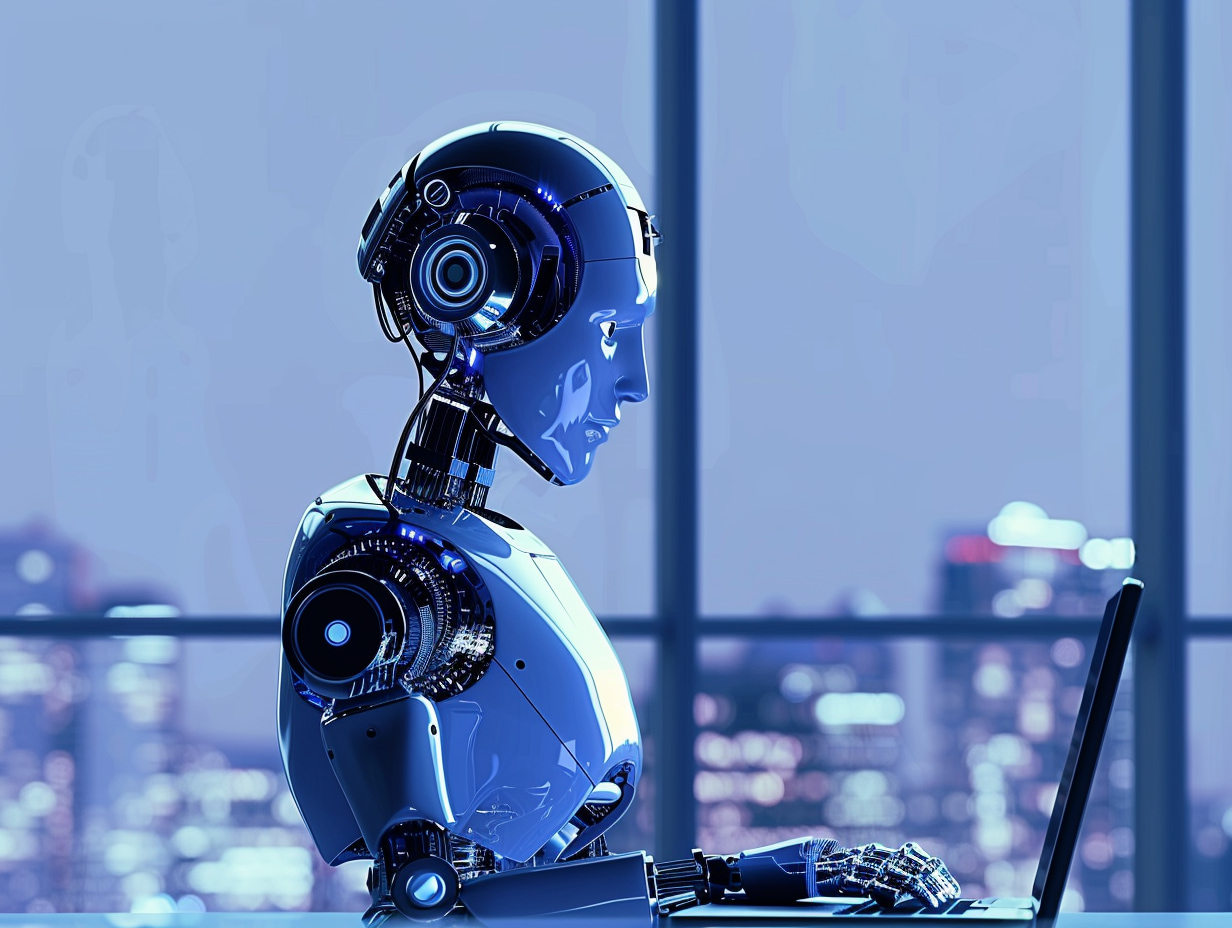The rise of artificial intelligence in recent months has been met with confrontational, polarising debates on whether or not related applications or tools should be treated as competitors or partners.
The Proposition of AI As a Partner
Many proponents of AI as a partner state the obvious, which is the technology’s ability to augment human capabilities.
Without a doubt, AI excels at processing massive datasets, identifying patterns, and automating repetitive tasks, which come as a huge efficiency boost for humans in their workplaces. For instance, AI can analyse medical scans to assist doctors in diagnosis or personalise learning experiences for students, among several other helpful use cases.
In fact, the collaborative potential of AI extends beyond individual tasks. Human-AI partnerships can lead to groundbreaking advancements. In scientific research, AI can analyse complex data sets alongside scientists, accelerating discovery. In business, it can also generate market forecasts and optimise logistics, empowering human decision-making.
The Fear of AI As a Competitor
But despite the optimistic outlook, one key anxiety that keeps hitting hard is AI’s ability to displace job roles, which partly fuels the argument for “AI as a competitor.” It’s become a thing of concern not just for technical workers but also for non-technical counterparts.
Technical workers worry their jobs will become obsolete as AI continue to automate tasks, which is somewhat a valid concern. However, the fears of non-technical workers are often exacerbated by what they have heard or seen and not just because of their knowledge of AI’s limitations and functionalities.
It’s safe to say some people acquired their fear of AI from the portrayal in science fiction as superintelligent machines that could surpass human control. While such scenarios remain firmly within the realm of fiction, they still contribute to the general unease surrounding the technology.
So, Where Do You Classify AI – A Competitor or Partner?
There’s actually no straightforward answer to whether you should treat AI as a competitor or partner. There are some form of truths to both arguments. So, while we cannot demonise the use of AI technology, we also cannot neglect the associated dangers.
But it’s worth mentioning that there’s a strong correlation between the risk of job displacement by AI and the perception of AI as a competitor.
Tasks that are repetitive, rule-based, and require data manipulation are prime targets for AI automation. This includes jobs like translators, some forms of writing, and graphic design – all of which AI excels at.
People in these fields may feel threatened by AI’s ability to perform their jobs efficiently and, hence, are more likely to see AI as a competitor.
The opposite is true for jobs that require critical thinking, creativity, and complex problem-solving. AI, as a partner, has a better chance than as a competitor, for people that fall in this category.
Take medical doctors, for instance. We cannot completely rely on AI systems to perform the duties of doctors. However, some doctors can/are using AI to analyse medical scans or schedule appointments, freeing them to focus on more nuanced diagnoses and patient interaction.
In this case, AI becomes a valuable tool/partner to augment human capabilities. The AI-doctor collaboration is better than either one alone, making a solid case for AI as a partner.





